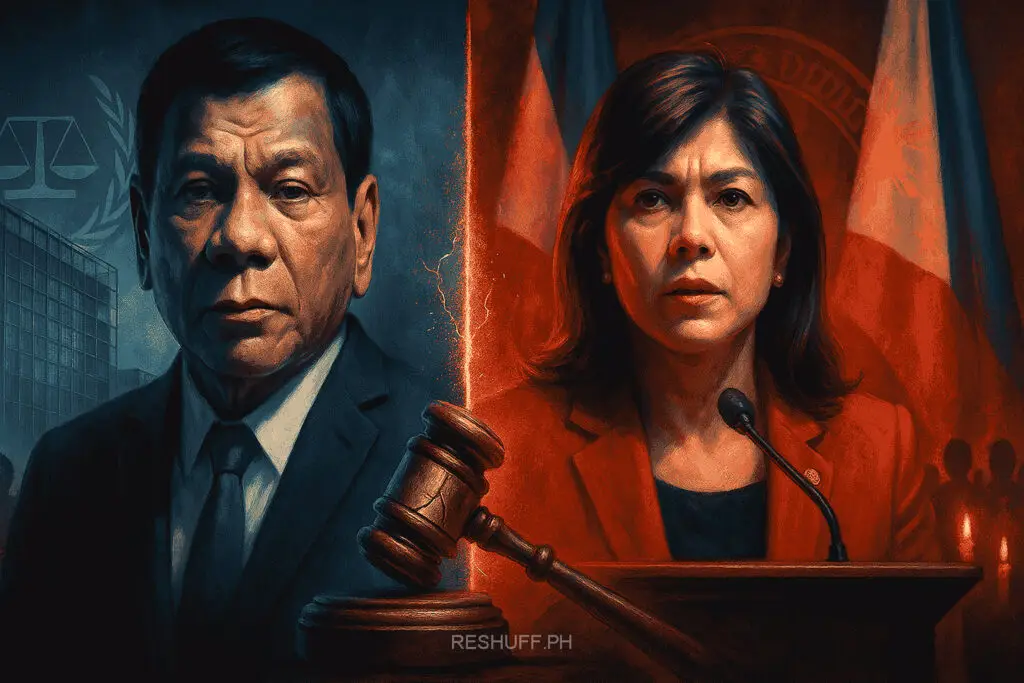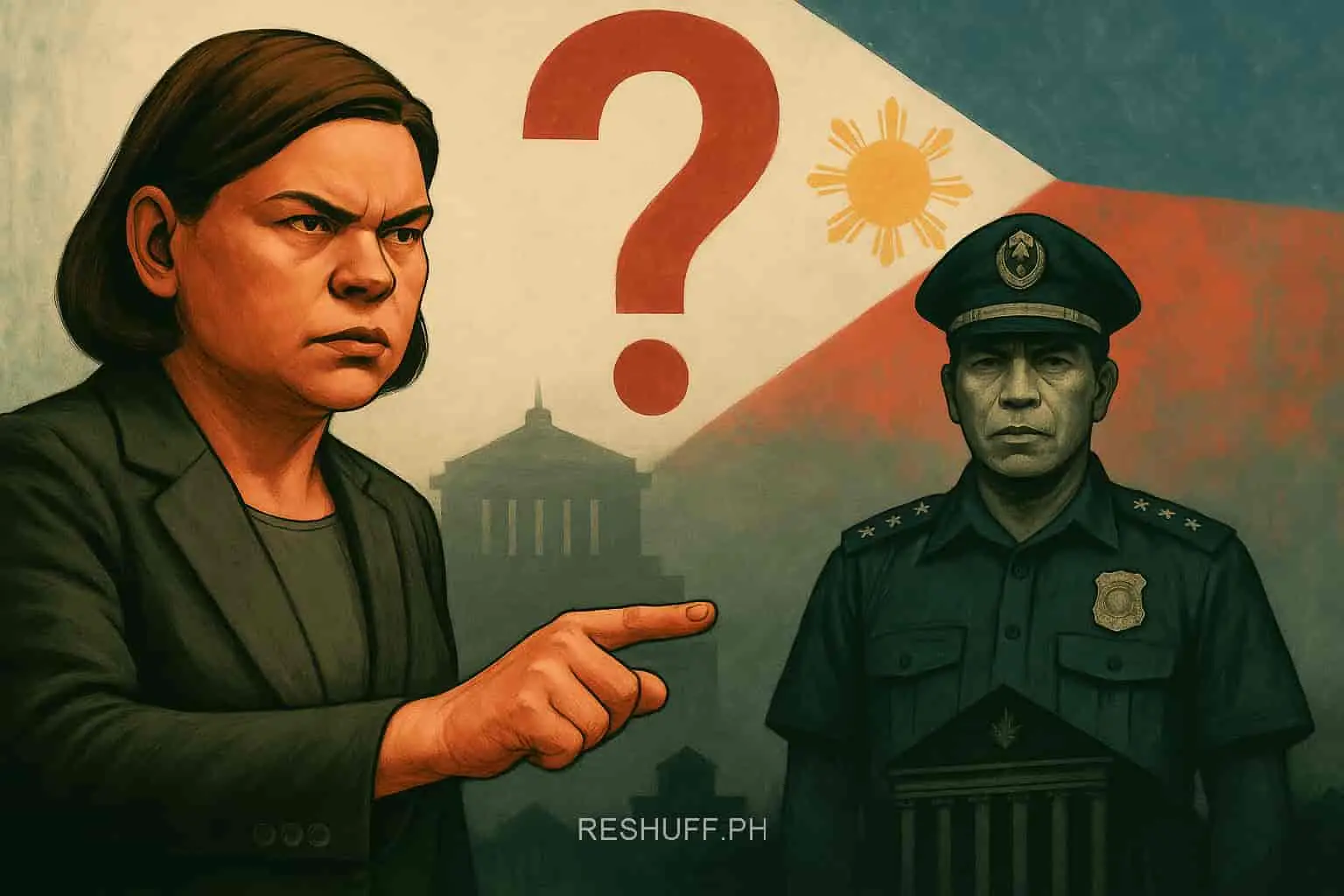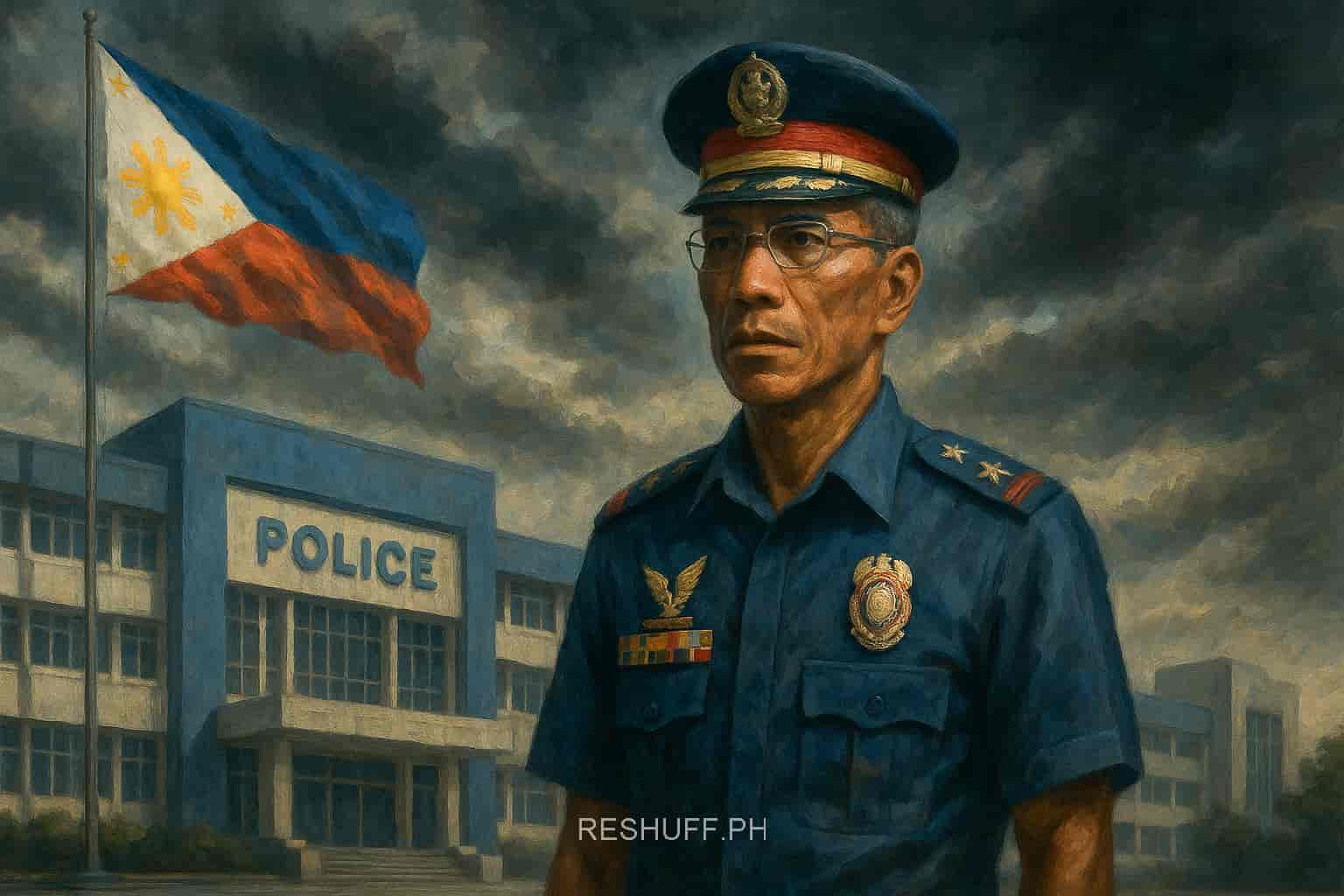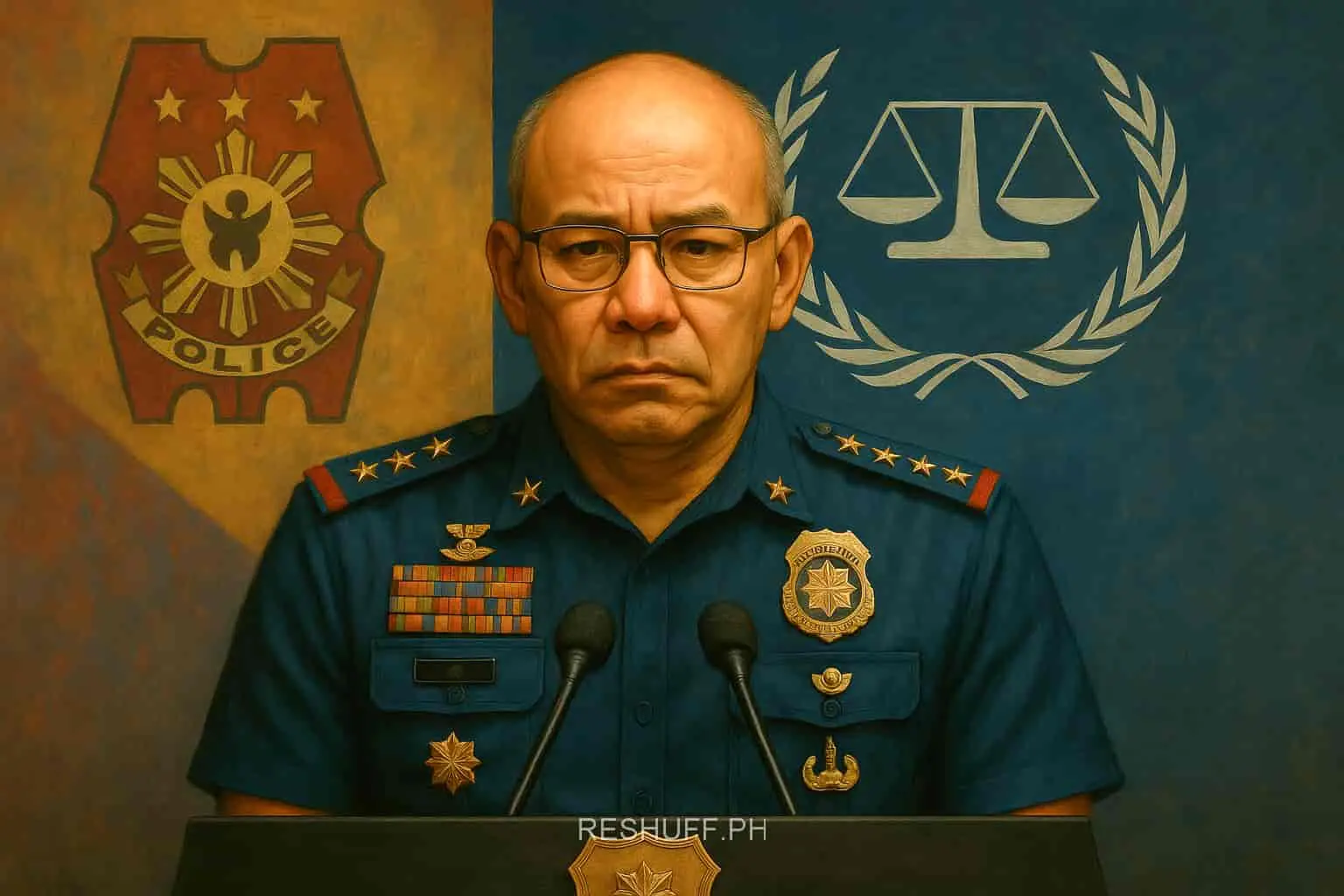In a dramatic turn of events, former Philippine President Rodrigo Duterte, arrested on March 11, 2025, and surrendered to the International Criminal Court (ICC) on March 12, is now fighting charges of crimes against humanity tied to his controversial war on drugs. But in an unexpected twist, his defense is bolstered by evidence from a Senate investigation led by none other than Senator Imee Marcos, sister of current President Ferdinand Marcos Jr.
A Swift Arrest and a Legal Fight
Duterte’s arrest came just days after the ICC issued a warrant on March 7, 2025, charging him with the crime against humanity of murder, allegedly committed between November 1, 2011, and March 16, 2019, during his “war on drugs” campaign. The speed of his transfer to The Hague marked a historic moment, as he became the first former Asian head of state detained by the ICC (Al Jazeera). His legal team, led by Nicholas Kaufman and Dov Jacobs, filed a 38-page challenge on May 1, 2025, arguing that the ICC lacks jurisdiction because the Philippines withdrew from the Rome Statute in 2019, before the investigation was authorized in 2021.
To support their case, the defense cited a December 2023 letter from President Marcos to Vice President Sara Duterte, where he stated the government would not assist the ICC “in any way, shape, or form.” Marcos wrote, “I remain steadfast in my resolve that the jurisdiction of the ICC over the Republic of the Philippines after the effectivity of its withdrawal therefrom is very much in question.” Yet, despite this stance, Duterte was arrested, with Marcos explaining it was due to the Philippines’ commitment to Interpol, which channeled the ICC’s warrant.
The Senate Probe: A Game-Changer
Enter Senator Imee Marcos, who launched a Senate investigation in March 2025 to examine Duterte’s arrest and surrender (Al Jazeera). The probe, conducted by the Senate committee on foreign relations, aimed to determine if due process was followed and if Duterte’s rights were protected. Preliminary findings, released on March 27, 2025, revealed what Senator Marcos called “glaring violations” of Duterte’s constitutional rights.
Senate Probe Findings | Details |
|---|---|
No Local Warrant | No Philippine court issued an arrest warrant for Duterte. |
Unjustified Arrest | The arrest did not meet criteria for warrantless arrests under Philippine law. |
No Legal Obligation | The Philippines had no duty to arrest Duterte or transfer him to the ICC. |
Constitutional Violations | Duterte’s rights to liberty and due process were disregarded. |
The committee concluded that the Philippines had no legal obligation to comply with the ICC, a point that directly supports the defense’s jurisdictional challenge. Senator Marcos emphasized, “The Constitutional safeguards guaranteeing liberty and due process of law were not observed” (Benar News).
Political Alliances and Public Reactions
The Senate probe has not only provided legal ammunition but also stirred political waters. Vice President Sara Duterte, speaking at a rally in Zamboanga City, thanked Senator Marcos for her efforts. “Thank you to Senator Imee Marcos because she helped push for an investigation on the kidnapping of President Duterte here in our country,” she said. “Thanks to her for helping us gather evidence that we can use for the case.” This public support underscores the shifting dynamics between the Marcos and Duterte families, especially as their alliance has frayed.
Senator Marcos remains optimistic about the probe’s impact. “It is our hope that with these hearings, we were able to get the sham facts, document testimonies, and a lot of admissions from the government side,” she told reporters, referring to what she believes are false or misleading aspects of the arrest process. She also drew a personal parallel, noting, “I won’t lose hope because this also happened to my father, to us. We were kidnapped and forced to go to Hawaii. It is important that we fight for this.”
The Jurisdictional Debate
At the heart of Duterte’s defense is the argument that the ICC overstepped its authority. The Rome Statute requires a state to be a party at the time jurisdiction is exercised. Since the Philippines withdrew in 2019, and the ICC investigation was authorized in 2021, the defense contends the court lacks jurisdiction. This argument is complicated by the fact that the alleged crimes occurred while the Philippines was still an ICC member, a point that legal experts suggest may allow the court to retain jurisdiction (The Conversation).
Duterte’s initial appearance before the ICC on March 14, 2025, via video link, marked the start of formal proceedings (ICC News). With a confirmation of charges hearing scheduled for September 23-26, 2025, the defense is leveraging every available resource, including the Senate probe’s findings, to challenge the case’s legitimacy.
A Test for International Justice
The Duterte case is more than a legal battle; it’s a test of the balance between national sovereignty and international accountability. Critics argue the arrest reflects political motivations, with Duterte’s lawyer Salvador Medialdea claiming it was an “unlikely alliance” between an incumbent president and a “troubled legal institution” (Justice Info). Meanwhile, human rights advocates see it as a beacon of hope for victims of the drug war.
As the case unfolds, it continues to divide the Philippines and draw global attention. The Senate probe’s role in Duterte’s defense adds a layer of intrigue, raising questions about how far local investigations can influence international courts. With political, legal, and moral stakes at an all-time high, the world watches as Duterte fights for his freedom from a cell in The Hague.
Reshuff PH
Latest News In The Philippines brought to you by Reshuff PH






One Response